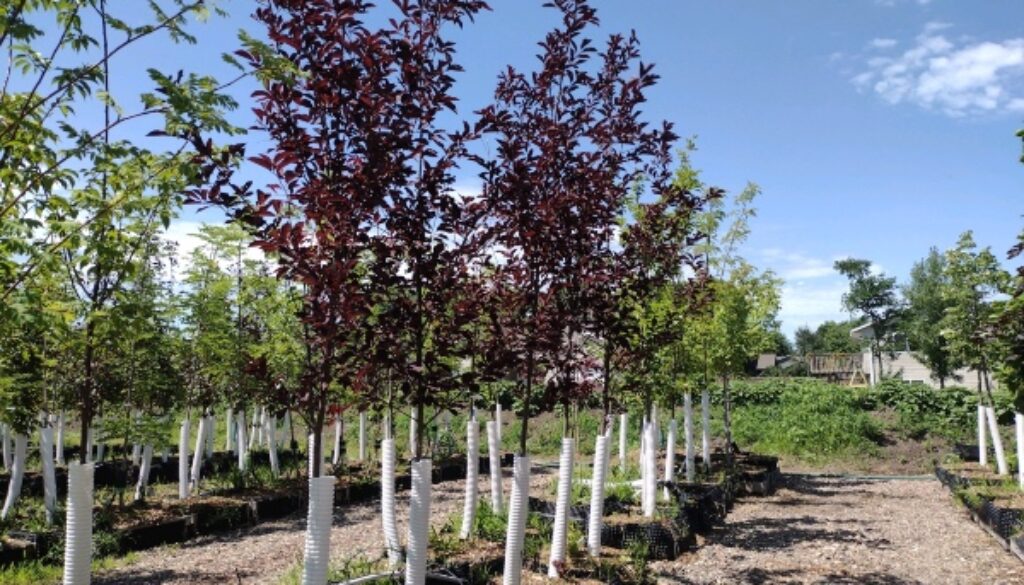Environmental Benefits of Tree Planting
Environmental Benefits of Tree Planting
Improves Air Quality
Environmental Benefits of Tree Planting, Trees improve our air quality by filtering harmful dust and pollutants such as ozone, carbon monoxide, and sulfur dioxide from the air we breathe.
Provides a Renewable Energy Source.
Trees pack a double punch in this regard: they remove and store vast amounts of carbon dioxide from the atmosphere, and when used as fuel, they produce lower carbon emissions than fossil fuels.
Prevent Soil Erosion
Tree roots hold the soil together. This helps prevent soil from being eroded or washed away during flooding events. This is especially important for homeowners on uneven land, as heavy rainfall could lead to foundational damage due to shifting soil
Prevent Water Pollution
Without tree leaves intercepting the rains and their roots facilitating the soil infiltration, rainwater would run off more easily and less water would seep into groundwater. Trees help facilitate infiltration into the soil where the water is filtered, taking out pollutants in the process. Trees help prevent stormwater from polluting nearby rivers and lakes by intercepting and rerouting it through this process
Provide Shelters for Wildlife
If you look out into your tree-filled backyard, you likely will see and hear wildlife all over. Wildlife finds a natural habitat and a food source within trees. The environmental benefits of a tree help house animals such as birds, squirrels, and pollinators such as bees.
Reduce Urban Runoff and Erosion
Trees reduce the amount of stormwater runoff, which reduces erosion and pollution in our waterways and may reduce the effects of flooding.
Provide Natural Air Conditioning
By using the benefits of shade from trees, you can thicken your wallet. Strategically placing trees around your home can significantly cut your air conditioning needs, thus saving you money from energy bills.




